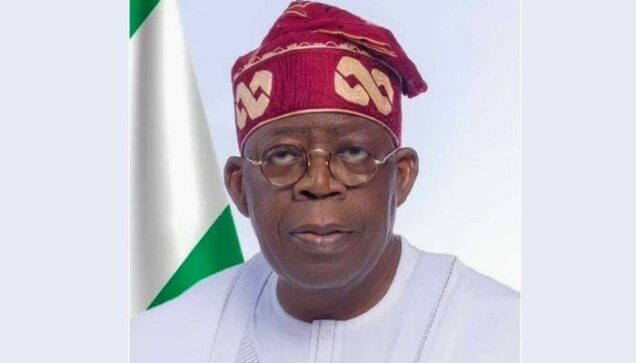President Bola Tinubu’s administration has unveiled a transformative economic policy, termed “Renewed Hope Nigeria First,” aimed at prioritizing Nigerian businesses and expertise in all government procurement and spending. This policy mandates that all federal ministries, departments, and agencies (MDAs) give absolute preference to indigenous goods, services, and knowledge when utilizing public funds. This initiative, reminiscent of the “America First” doctrine, places Nigeria at the heart of every financial decision made by the government, aiming to stimulate local industries, reduce reliance on imports, and foster economic self-sufficiency. The policy is expected to be formalized through an Executive Order, granting it full legal authority and ensuring its comprehensive implementation across all government sectors.
The “Renewed Hope Nigeria First” policy represents a paradigm shift in government procurement practices. It dictates that if a local alternative exists for any required good or service, importing foreign equivalents will be strictly prohibited. This commitment to local sourcing aims to inject much-needed capital into Nigerian businesses, fostering their growth and creating job opportunities within the country. The policy also underscores the importance of investing in Nigerian talent and expertise. By prioritizing indigenous know-how, the government seeks to cultivate local skills and promote innovation within Nigeria’s burgeoning industries.
The Bureau of Public Procurement (BPP) will play a crucial role in enforcing the new policy. It will revise and enforce updated guidelines that favor local manufacturers and service providers, effectively leveling the playing field and providing Nigerian businesses with a competitive edge. The BPP will also develop a Local Content Compliance Framework to ensure adherence to the policy’s principles. This framework will outline clear criteria for evaluating local content and provide a mechanism for monitoring compliance across all MDAs. Furthermore, the BPP will maintain a registry of qualified Nigerian suppliers regularly engaged by the government, facilitating easy access to local vendors and streamlining the procurement process.
To strengthen its oversight, the BPP will regain full control over the deployment of procurement officers to every MDA. This will ensure consistent application of the new guidelines and prevent potential deviations or circumvention of the policy’s mandates. This centralized approach also aims to improve transparency and accountability in government procurement, minimizing the risk of corruption or favoritism. MDAs are now prohibited from procuring any foreign goods or services if a local alternative is available, unless a written waiver is granted by the BPP. This stringent measure is intended to prevent unnecessary importation and ensure that public funds are primarily channeled towards supporting Nigerian businesses.
The “Renewed Hope Nigeria First” policy also incorporates a crucial provision for technology transfer and skills development. Where no viable Nigerian option exists for a particular good or service, contracts for foreign procurement must include clauses mandating technology transfer, local production, or skills development programs. This strategic approach aims to build local capacity and reduce dependence on foreign expertise in the long run. By acquiring the necessary technologies and skills, Nigerian industries can become more self-reliant and competitive on the global stage. This mirrors the quota rules within the Sugar Master Plan, which incentivize firms investing in backward integration.
The policy’s implementation will be swift and comprehensive. All MDAs are required to immediately audit their 2025 procurement plans and submit revised versions that align with the new policy. This proactive approach ensures that all future government spending adheres to the “Nigeria First” principle. To solidify the policy’s legal standing, the Attorney-General of the Federation has been tasked with drafting an Executive Order that will enshrine the Federal Executive Council’s resolutions into law. This Executive Order will provide the necessary legal framework for enforcing the policy and ensure its long-term sustainability. This far-reaching policy signifies a bold step towards economic transformation, prioritizing Nigerian businesses, expertise, and ultimately, the prosperity of its people.














